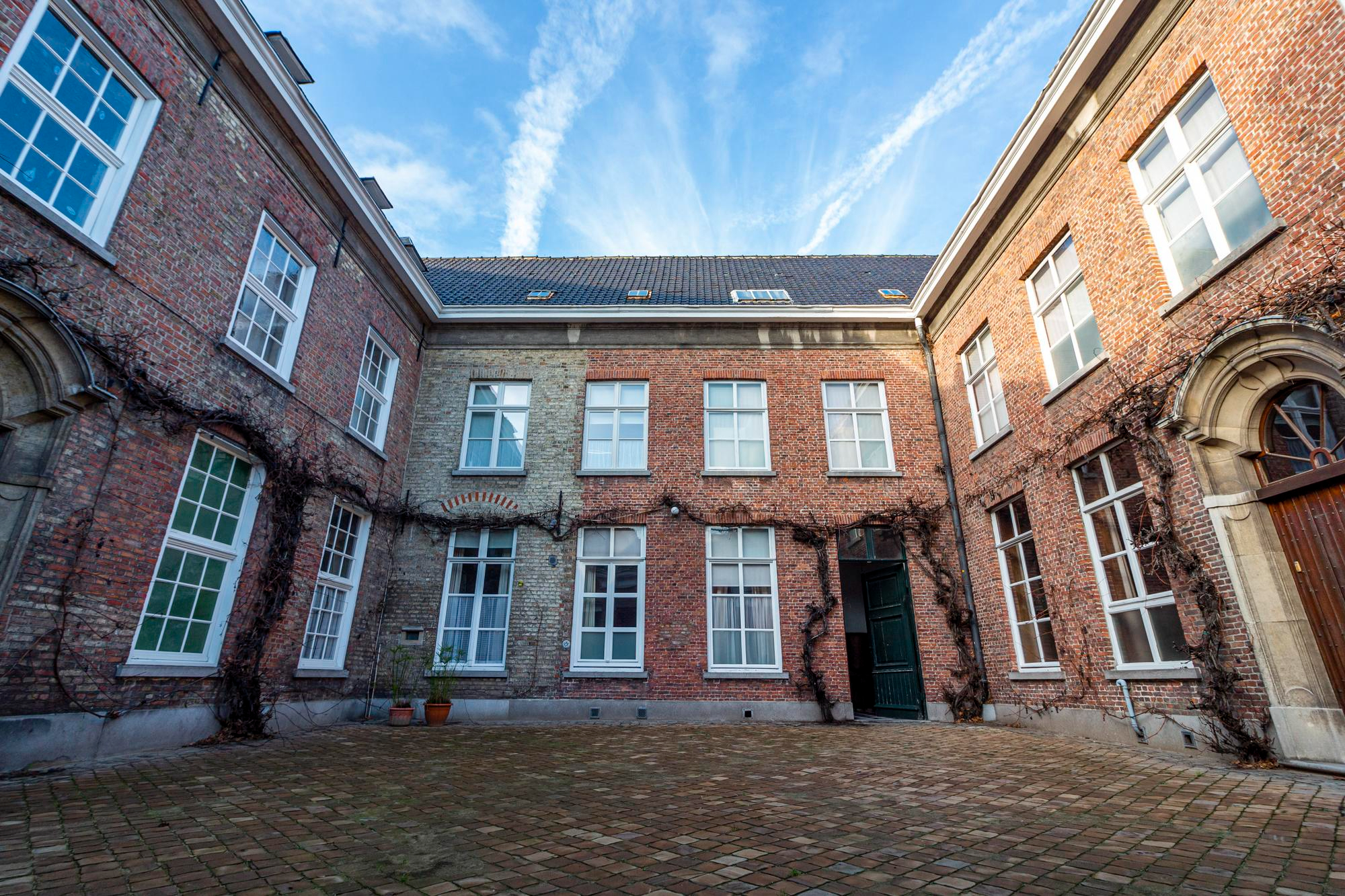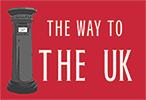Private Schools and Special Educational Needs (SEN): How to Choose the Best School for Your Child

Finding the right educational environment for a child with Special Educational Needs (SEN) can be challenging. Private schools have become a popular choice for parents looking to provide specialised support for children with conditions such as dyslexia, autism, ADHD, and other learning difficulties. These schools offer personalised learning approaches, smaller class sizes, and expert staff, making them an ideal option for many families. In this article, we will explore the benefits of private schools for children with SEN, address common concerns, and offer insights on how to choose the right school for your child.
Introduction: Why Choose a Private School for SEN?
Parents of children with Special Educational Needs often face the dilemma of finding a school that can cater to their child’s unique learning requirements. Mainstream schools, while accommodating, may not always have the resources or specialised staff to fully support children with SEN.
Private schools offer an alternative with their tailored programmes, expert teaching staff, and dedicated support systems designed to meet the diverse needs of SEN students. This article will guide you through the essential factors to consider when choosing a private school for children with SEN and highlight the benefits of specialised education for children with learning difficulties like dyslexia, autism, and ADHD.
Benefits of Private Schools for Children with SEN
Private schools that specialise in SEN offer a wide range of benefits compared to mainstream schools. These institutions provide customised learning environments that enable children with SEN to thrive academically and socially. Here are some of the top benefits:
1. Smaller Class Sizes and Personalised Attention
One of the key benefits of private schools for SEN children is their smaller class sizes. With fewer students per class, teachers can focus on each child’s specific learning needs and provide more personalised attention. This is particularly beneficial for children with dyslexia or ADHD, who may require a different approach to traditional teaching methods.
According to the British Dyslexia Association, children with dyslexia often benefit from one-to-one or small group instruction, which is more feasible in private school settings. The low student-to-teacher ratio also allows for more tailored interventions and closer monitoring of progress.
2. Specialised SEN Programmes and Expertise
Private schools dedicated to SEN typically have staff with expertise in handling learning difficulties such as dyslexia, autism, and ADHD. These teachers are specially trained to use evidence-based techniques like the Orton-Gillingham approach for dyslexia or behavioural interventions for children with autism.
Additionally, private schools often collaborate with educational psychologists, occupational therapists, and speech therapists to create a comprehensive support plan tailored to each child’s needs. This holistic approach ensures that children with SEN receive both the academic support and therapeutic interventions necessary for their development.
3. Customised Learning Plans
Children with SEN often require personalised learning strategies that cater to their specific strengths and challenges. Private schools for SEN create Individualised Education Plans (IEPs) for each child, detailing the specific teaching methods, goals, and accommodations necessary for the child’s success.
For instance, children with dyslexia may benefit from multisensory learning techniques, while children with ADHD may require adjustments in lesson pacing or seating arrangements to maintain focus. Private schools can accommodate these needs more flexibly than mainstream schools.
4. Advanced Assistive Technology
Many private schools for SEN children use advanced assistive technology to support learning. Tools like speech-to-text software, reading pens, and audiobooks can make a huge difference in how children with learning difficulties access educational content.
According to a report by the National Literacy Trust, students with dyslexia who use assistive technology show significant improvements in reading and writing fluency. These tools can help level the playing field, enabling children to participate fully in classroom activities and reach their academic potential.
5. Focus on Emotional and Social Development
Children with SEN often face emotional challenges alongside their academic struggles. Private schools that specialise in SEN offer comprehensive support for social and emotional development. Many have counsellors, social workers, and therapeutic programmes aimed at helping children build confidence, self-esteem, and social skills.
For example, children with autism or social anxiety may benefit from group therapy sessions or social skills workshops. Private schools also focus on creating an inclusive and supportive environment where children feel valued and understood, which can lead to improved mental well-being.
Frequently Asked Questions About Private Schools for SEN
Q: Are private schools for children with SEN more expensive than mainstream schools?
A: Yes, private schools tend to be more expensive due to the specialised resources and smaller class sizes they offer. However, many schools provide scholarships or financial aid programmes to make education more accessible to families with SEN children.
Q: How do I know if my child needs a private school for SEN?
A: If your child is struggling in a mainstream school despite interventions and is not receiving adequate support for their learning difficulties, a private SEN school may be the right option. Consulting an educational psychologist or SEN specialist can help determine the best fit for your child.
Q: Can children with SEN in private schools still integrate into mainstream education?
A: Yes, many private SEN schools focus on helping children develop the skills and confidence to eventually transition to mainstream education if appropriate. Some schools offer dual-enrolment options or collaborate with mainstream institutions to facilitate this process.
Q: What types of special needs do private schools cater to?
A: Private schools for SEN typically cater to a wide range of learning difficulties, including dyslexia, autism spectrum disorder (ASD), ADHD, and speech or language delays. Many schools also support children with physical disabilities or emotional and behavioural challenges.
Q: What should I look for when choosing a private school for my child with SEN?
A: When choosing a private SEN school, consider factors like class size, staff qualifications, the availability of specialised programmes, and the school’s approach to emotional and social development. Visiting the school, speaking to staff, and reviewing testimonials from other parents can also help in making an informed decision.
Conclusion: Choosing the Right SEN School for Your Child’s Future
Selecting the right private school for a child with SEN is a crucial decision that can shape their educational journey. The benefits of specialised teaching, smaller class sizes, and personalised learning plans are invaluable for children with dyslexia, autism, ADHD, and other learning difficulties.
When considering private schools for children with SEN, it’s essential to research thoroughly, visit potential schools, and understand how they align with your child’s needs. By finding the right fit, you can ensure that your child receives the support, encouragement, and education they deserve to thrive both academically and personally.
